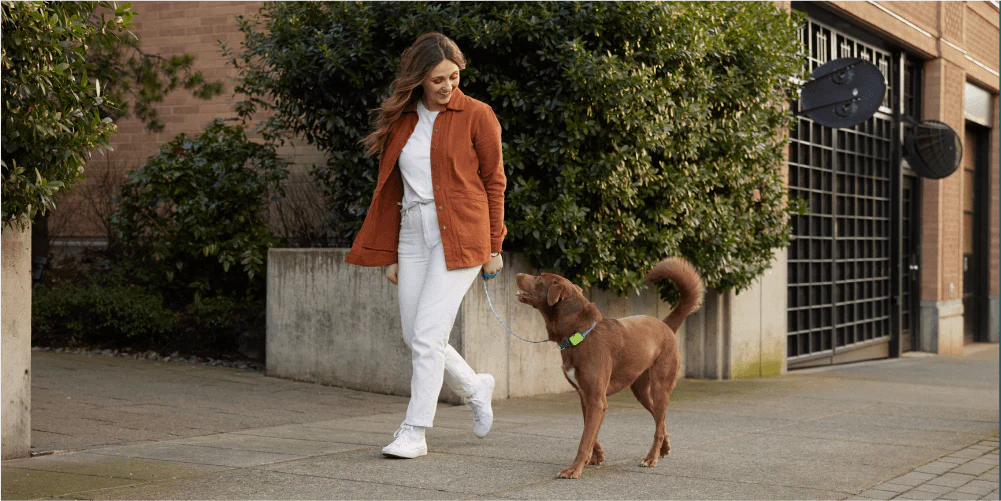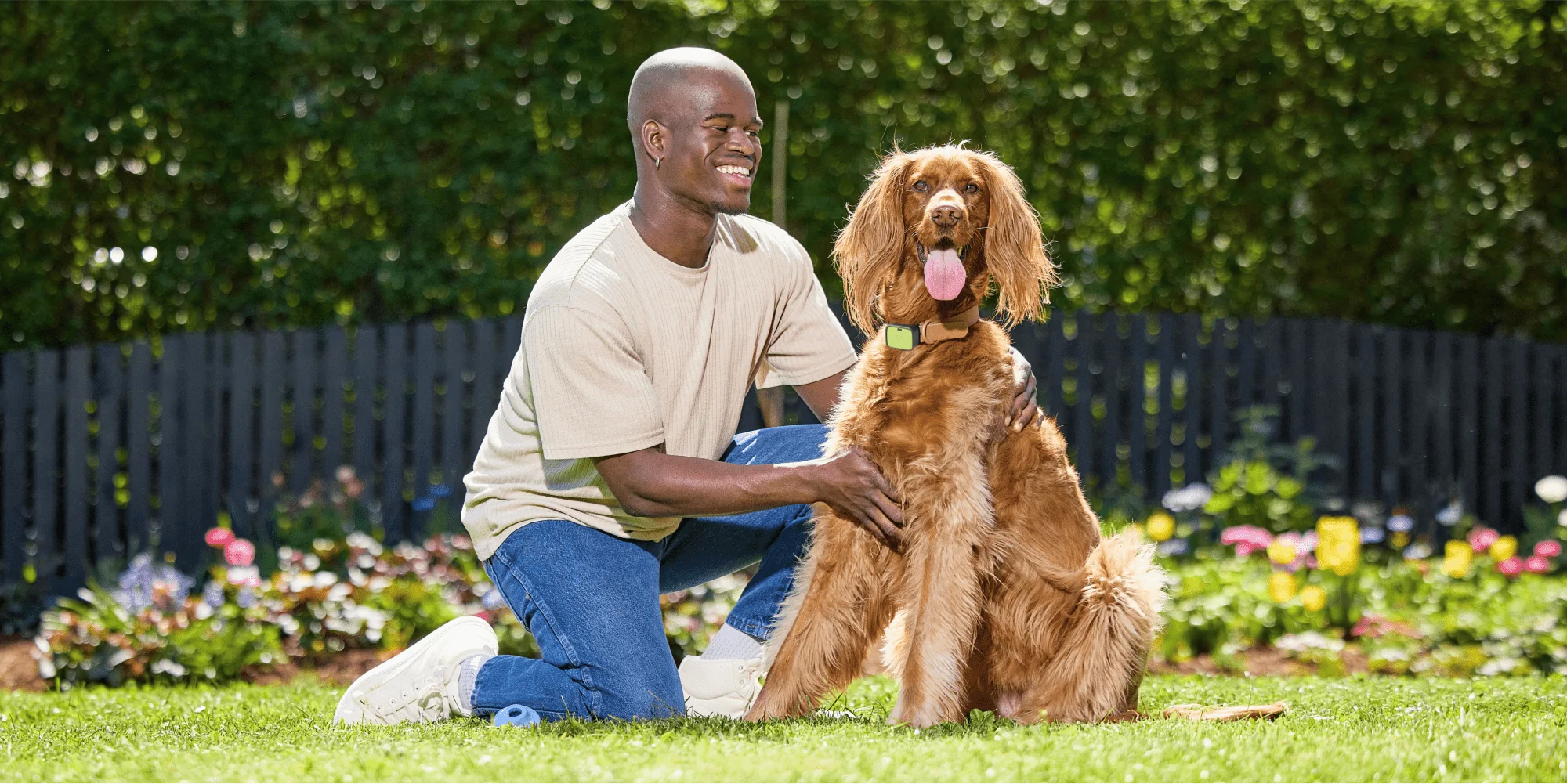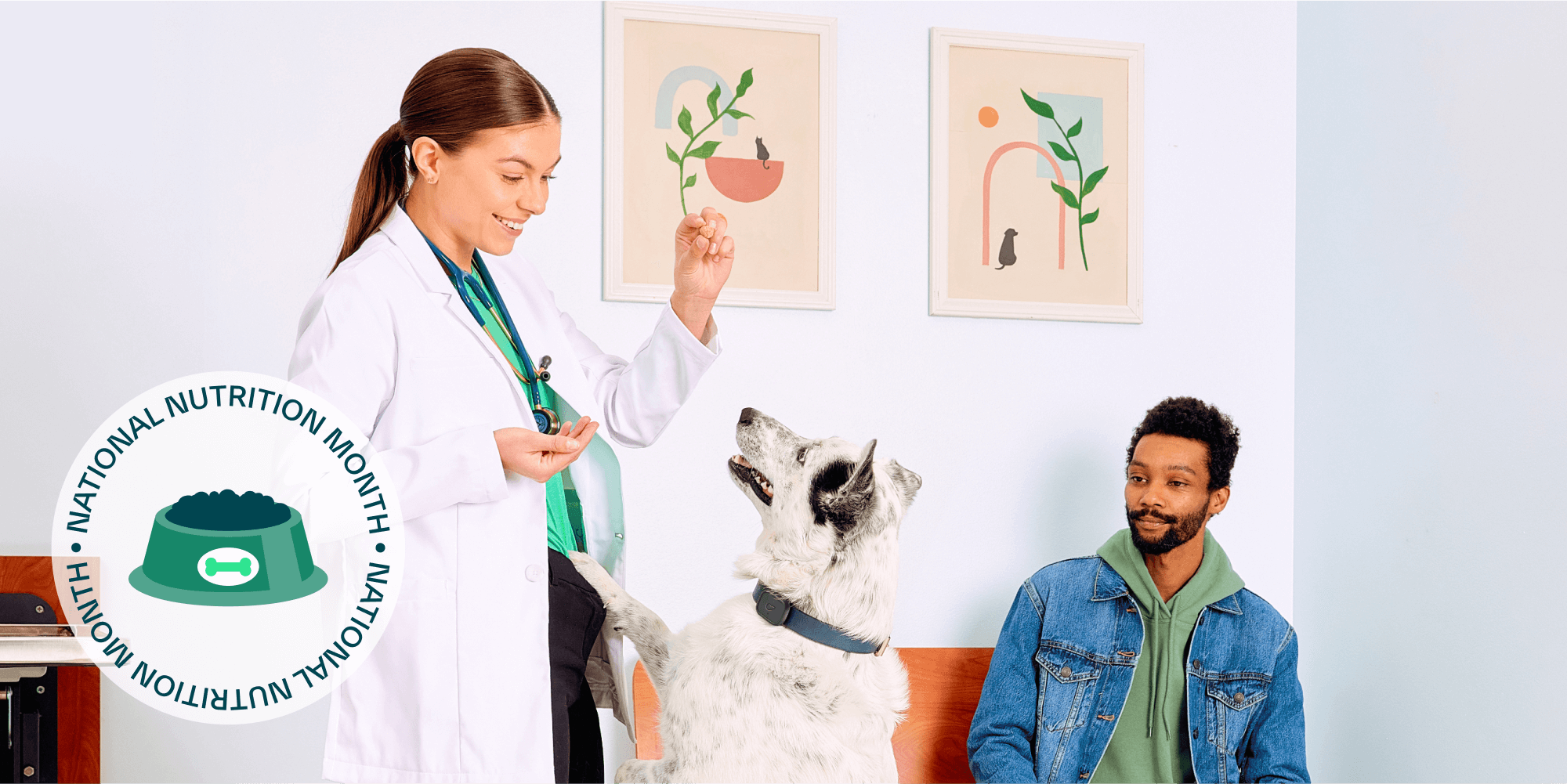Help: My Puppy Isn’t Eating

Your new puppy is normally an eager eater; he comes running when he hears the food bag rustling and starts drooling before the kibble hits the bowl. But lately, your pup has been less interested in his food, leading you to wonder, “Why is my puppy not eating?”
Loss of appetite is cause for concern, according to James Dobies DVM, veterinarian and president of UrgentVet.
Here are three common reasons puppies stop eating—and how to bring back their appetites:
Illness: An upset tummy could cause your pup to skip supper. Dobies notes that the reasons for tummy upset range from gastroenteritis, viruses and parasites to a midnight trash buffet. You could Google, “How to know if my puppy is sick” but your best bet is to make an appointment with your vet if your puppy stops eating for 24 hours.
Stress: New house. New fur sibling. Different schedule. Changes to their environment can cause dogs to feel stressed, leading to loss of appetite. You can monitor for signs of stress like increased licking, scratching, panting and sleeping with the Whistle Health to see if there’s a correlation between stress and appetite.
Separation anxiety: Your puppy may be too lonely to eat while you’re gone. “Anxiety may change their eating habits, but they’ll still eat,” Dobies says. Establishing a feeding schedule—breakfast before you leave for work in the morning and supper when you get home—can help.
Here are some other tricks to encourage your dog to clean his bowl.
Add water: Moisten kibble with a little water or chicken broth. “[It] creates a pleasing texture to kibble much like gravy on mashed potatoes,” Dobies says.
Warm it up: “Dogs have a much greater sense of smell than humans, so aromatic foods are more appetizing to them,” says Dobies. Nuking your puppy’s food in the microwave can amp up the aroma and make it more enticing—just make sure it’s not too hot for him to eat!
Try a new food: If your go-to food is dry kibble, try switching to wet puppy food or a topper to add extra aroma and flavor that will make your puppy’s meals more appetizing. No matter which food you choose, make sure that you’re feeding your puppy the right amount for optimal growth and development.
Paying attention to your pup’s eating habits and monitoring for signs of stress can help you pinpoint reasons why your puppy isn’t eating and get him back to his food bowl.















